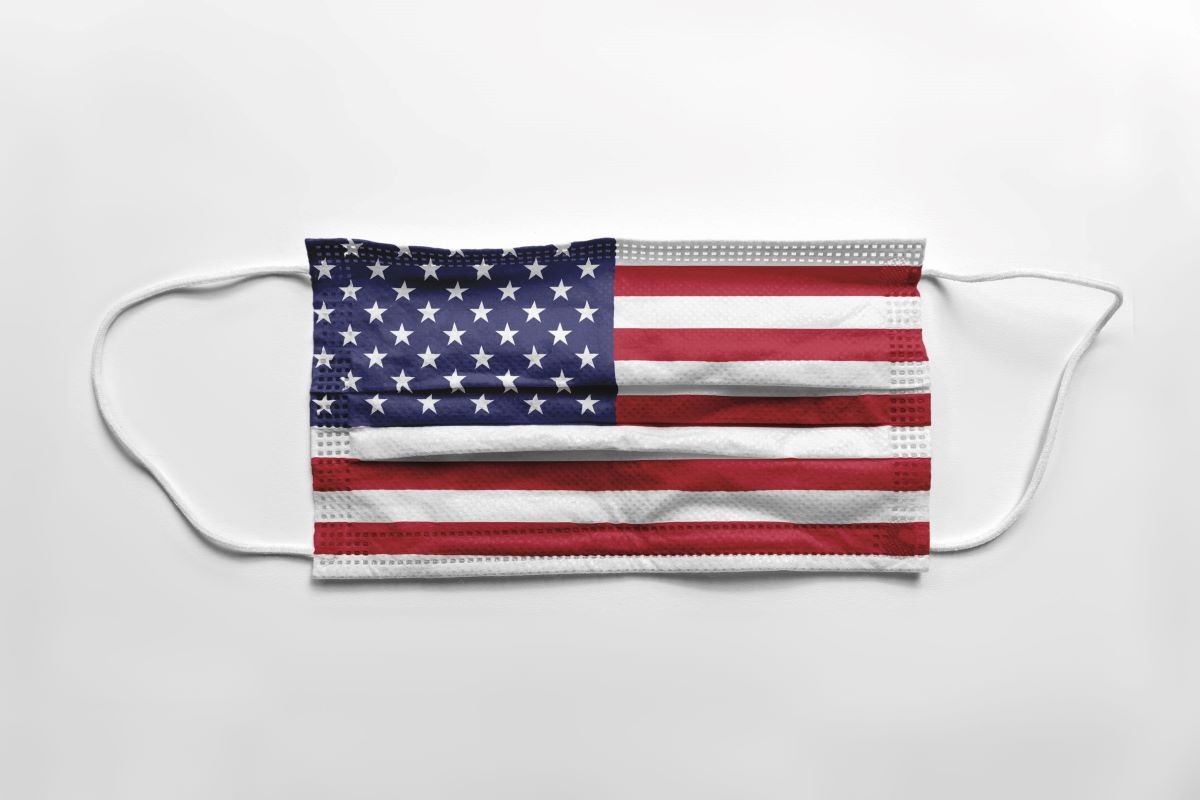4 crisis comms lessons from Anthony Fauci
Exude empathy, prioritize transparency, and remain grounded in facts.

Regardless of what side of the political aisle you might sit on, it’s difficult to deny that Dr. Anthony Fauci, known as the nation’s top infectious disease expert, is a proficient spokesperson during a crisis.
In fact, a July Morning Consult/Politico poll showed 62% of registered voters rated Dr. Fauci’s handling of the coronavirus crisis as “excellent” or “good.”
While Dr. Fauci has had the unenviable task of discussing the pandemic on TV for months, his public appearances have served as a crash course in crisis communications for marketers.
Regardless of the industry in which you work, as a brand marketer you’ll likely have to face more than one crisis in your career. How will you step up to the challenge? Here are four traits Dr. Fauci brings to the podium that every crisis spokesperson should learn:
Exude empathy. Perhaps the biggest mistake a spokesperson can make is to show little or no empathy for those affected by the crisis at hand. Throughout the pandemic, Dr. Fauci has shown great concern for human welfare.
President and CEO of Marriott International Arne Sorenson took this approach to heart when he shared an anguished message with associates informing them of the impact of COVID-19 on their hospitality business. Sorenson’s impassioned delivery was praised by many.
Simplify, and be concise. Science isn’t easy for everybody to digest. Dr. Fauci must make that which is complicated or unknown understandable. You’ll probably need to do the same for your industry.
Goodyear Tire and Rubber Co. caught some heat when an image allegedly from its diversity training went viral. In the reportedly fake image, among the messages deemed unacceptable was “Blue Lives Matter.” Defending itself, the company concisely stated: “Goodyear has always wholeheartedly supported both equality and law enforcement and will continue to do so. These are not mutually exclusive.”
Build trust through transparency. Trust is something you must earn. And one of the best ways to accomplish that is through transparency in your communications. While some might think downplaying a situation can avoid panic, honesty — despite the gravity of the situation — creates calm, which produces trust.
Consider when McDonald’s former CEO was ousted following an alleged inappropriate relationship with an employee. His successor, Chris Kempczinski, quickly fired off an internal memo stating: “McDonald’s does not tolerate behavior from any employee that does not reflect our values. As we recommit to our values, now, more than ever, is the time to lean into what we stand for and act as a positive force for change.”
Be factual and firm. One of the most important parts of being a good crisis spokesperson is to avoid conjecture and only focus on the facts. When some suggested using hydroxychloroquine to prevent COVID-19, Dr. Fauci firmly disagreed and didn’t mince words.
Recently, Motel 6 fired its ad agency, The Richards Group, after the firm’s founder, Stan Richards, referred to the brand’s campaign as “too black” during an internal meeting. Richards half-heartedly apologized while an outraged Motel 6 canned the agency, saying, “The comments were not only completely inaccurate, they are also in direct opposition of our values and beliefs as an organization.”
A lot goes into being an effective brand spokesperson during a crisis, but if you follow Dr. Fauci’s lead and hone these essential skills, you’ll find yourself on the path to success. It may take some time, but there will always be another crisis around the corner to help you become as accomplished as the good doctor.
Donovan Roche is VP of crisis communications at Havas Formula. Read more of his writing at MediaPost.






